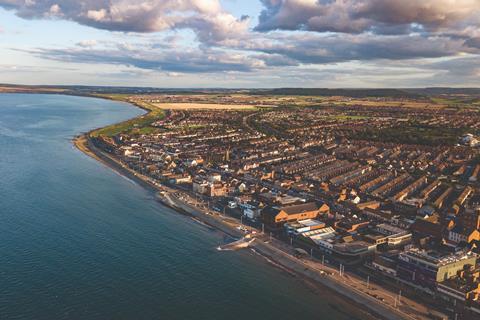Developing UK coastal areas is part of the levelling-up and green agendas, with opportunities in renewable energy, aquaculture, leisure and residential. However, boundaries, ownerships and foreshore rights are not always clear. Errors can create expensive and time-intensive litigation.

Coastal rights often derive from private concessions or private acts of parliament – frequently from the Crown, other aristocratic landowners or former rail or mining companies. Land sometimes reverts to the former owner when the use changes.
Someone owning land with a boundary on the seashore often owns the cliffs, dunes and part of the beach. Lawyers should always search these areas as well as the main property, as they are frequently subject to rights of way, and enquiries should always be made of the local authority.
The owner of land bounding the sea is presumed to own it down to the mean high water mark: the median line between the spring and neap high tides.
This is usually shown on Ordnance Survey maps. The foreshore is the land between median high and low tides. Unless otherwise transferred by a deed of grant or acquired by prescription or some other means, this belongs to the Crown.

Coastal development requires negotiation with many stakeholders, including planning departments, harbour authorities, marine organisations, environment bodies and community interest groups, plus former owners.
Government policy, particularly towards concessions, can alter with political cycles. We see more regulatory and planning emphasis on climate change and the coastal erosion and flooding this will bring. Coastal and fishing communities are often swayed by media reports, such as those highlighting shellfish deaths off the North East coast, attributed by some to dredging on Teesside.
Delivering coastal real estate schemes needs experienced practitioners who are aware of the pitfalls and understand the legislative, ownership and environmental issues right across the design, fundraising, planning, engineering, construction and maintenance phases.
Russell Davidson is a real estate partner at law firm gunnercooke




























No comments yet